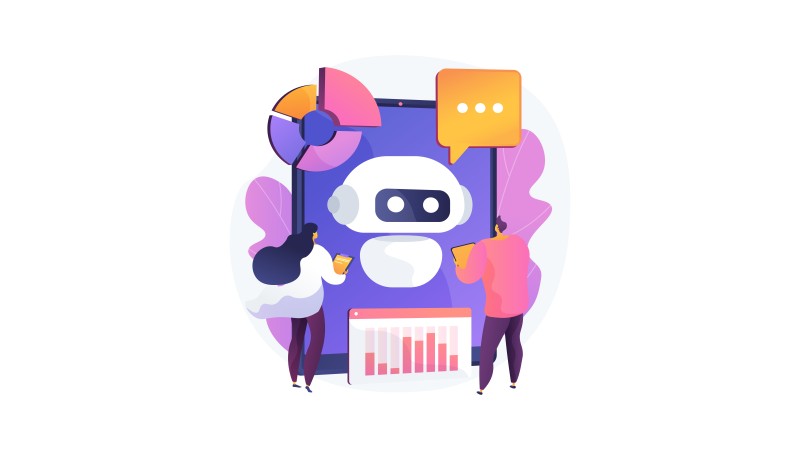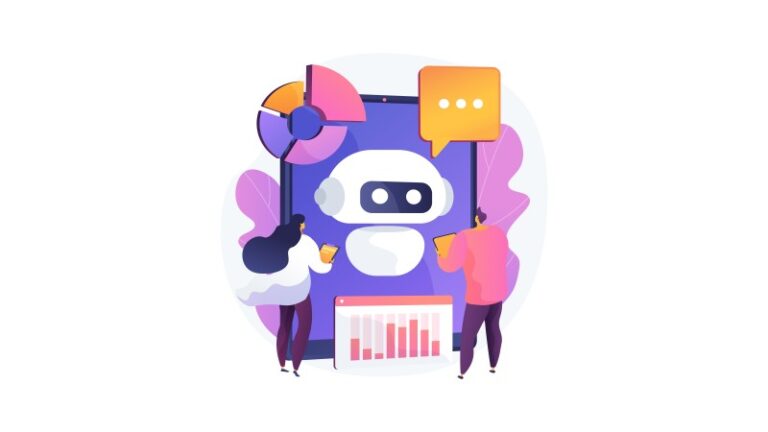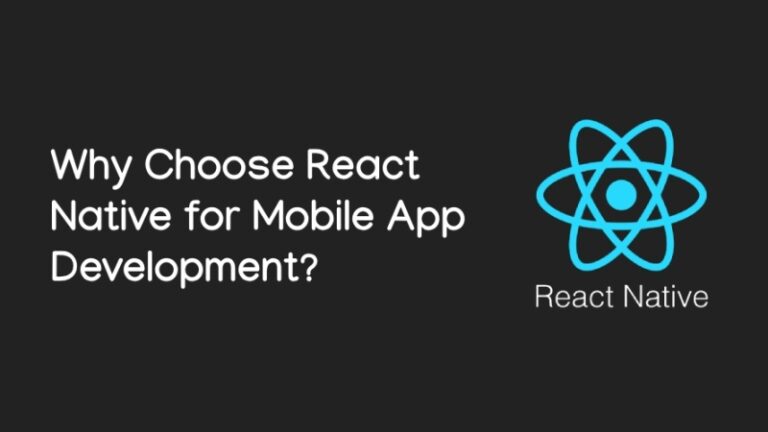Marketing and sales is one of the industries where Artificial Intelligence (AI) has already started making a great difference. If you have any concern on how AI is revolutionizing these fields, then you are among the many. Businesses are being able to comprehend their clients more, design fantastic experiences and increase their revenues by utilizing AI like never before. In the following blog post, you will find out what AI is, how it is affecting marketing and sales, possible danger, and a possible future.
What is Artificial Intelligence?
So, if we’re to discuss AI in the context of marketing and sales, allow us to explain what AI means first. Indeed, AI can be defined as a subdivision of computer science that pursues the development of methods that can allow machines to perform cognitive functions. Speech recognition, decision making and learning from data are the tasks that are performed by AI systems which are the tasks that involve human cognition processes.
AI can be categorized into narrow AI or general AI with the different types of general AI being explained above. In terms of marketing and sales, they talk about narrow AI — the AI agents described above and others similar to them. These tools apply data and even algorithms to make better and faster decisions than can human beings make alone.
Related Post – Top 8 AI Presentation Makers
AI In Marketing And Sales
This change has seen marketing and sales teams benefit from (AI) in operations and processes to help in their functioning. Here, we look into some of the most pronounced ways AI is contributing to the development of these fields.
1.Personalization at Scale
Generally, customers of today require products that are tailored to their needs. Epsilon’s study shows that 80% of the consumers are more likely to make a purchase when brands use personalized experience. Hyper-Segmentation results from AI in which it helps in providing customized marketing strategies based on the analysis of customer information. Just remember about how Netflix offers you a list of series similar to the ones you have watched earlier or how Amazon offers products that might be interesting to you. All these touch points are supported by AI based algorithms.
2.Predictive Analytics
AI also does well in the field of Predictive analytics. This is based on the understanding that AI can make future accurate predictions on the behaviors of the customers by studying their past patterns and comparing them with the present behaviors. This is especially useful for the sales teams who would wish to direct their efforts towards the most lucrative prospects. But a recent study by Forrester found that firms that employ predictive analytics have 2.9 times more likely to achieve above-average growth rates that are preexisting public norms than those that are newly created.
3.Chatbots and Virtual Assistants
Chatbots are also evolving, being able to carry out every interaction that a user is likely to engage with a company for starting from question and answer sessions to making sales. According to the current trends, Sephora and H&M are some of the companies that have adopted AI chatbots to help in interacting with the clients, responding to their queries, or even recommending a product.
4.Customer Segmentation and Insights
In marketing, customer segmentation was previously done through an administratively or manually imposed meaning. Marketers would further segment their audience using demographic information, geographical location or past purchasing pattern. AI takes this to a whole new level altogether because it continuously processes live data and discovers patterns that a human would normally not notice.
5.Dynamic Pricing
It must also be noted that AI is also changing the paradigms of pricing. Just like Amazon and other e-commerce establishments, artificial intelligence algorithms automatically change the prices of goods and services dynamically based on factors that include the day, the time, the level of the competition and the demand of clients. A similar concept is referred to, as dynamic pricing, and ensures firms earn the most possible profit potential while remaining relevant.
Risk Associated with Use of Artificial Intelligence in Marketing and Sales
Although AI can be considered an effective weapon, nobody can deny that AI has certain disadvantages. That is why these risks should be identified so that the usage of AI, and especially in business, would be responsible and ethical.
1.Data Privacy Concerns
AI depends on collections of data as an input to perform its tasks in the most efficient manner. Nevertheless, the application of this data can be sometimes seen as the violation of customers’ rights to privacy. The privacy, especially, in the use of personal data has legal and reputational repercussions for instance in the cases of data leakage or misuse. In light of GDPR and CCPA, which are just some of them, commercial entities have to be very careful in how and when they would use customer data.
2.Bias in Algorithms
All AI systems are only as good as the data, which was used for the creation of these systems. It is thus clear that if the data is biased, the artificial intelligence that results from the data will also be prejudiced. For instance, an AI system that decides on the priority of the sales leads, will consider some demography more important than others if it was trained on a biased dataset.
3.Over-reliance on Automation
Although the usage of automated tools can help a business to reduce time and enhance productivity it can at some times develop a mechanical approach. People still appreciate communication with human beings particularly situations where they need help or have to lodge complaints.
4.Job Displacement
There is also the policy concern that machines, especially advanced ones such as AI and automation, take people’s employment. With AI leading to situations where some jobs like data analysis, customer relations or even writing and producing contents are automated, people have been worried if this will lead to displacement of employees.
Conclusion
It can be said that AI is on the way to revolutionizing marketing and sales in particular and business as a whole in general. From the level of customization and thinking about consumption to enhancing solutions and even making decisions by applying the use of artificial intelligence, AI is helping businesses to get to know the people behind consumption better and, in the process, make better decisions more quickly. However, ad efficiency doesn’t come without responsibility. It is crucial for companies to consider risk especially as they implement AI technologies into their operations, risks such as data privacy risk, bias risk and issues to do with over automation.
Marketing and sales are expected to be transformed in the near future and the future appears to embrace a blend of artistry from human beings and efficiency from Artificial Intelligence. Only those businesses are going to survive and flourish in this competitive and innovative digital environment where they care to balance both. Well, then are you ready to go on with the new technological advancement in your marketing and sales? They were right saying that the future is already here, but it is driven by Artificial Intelligence.






